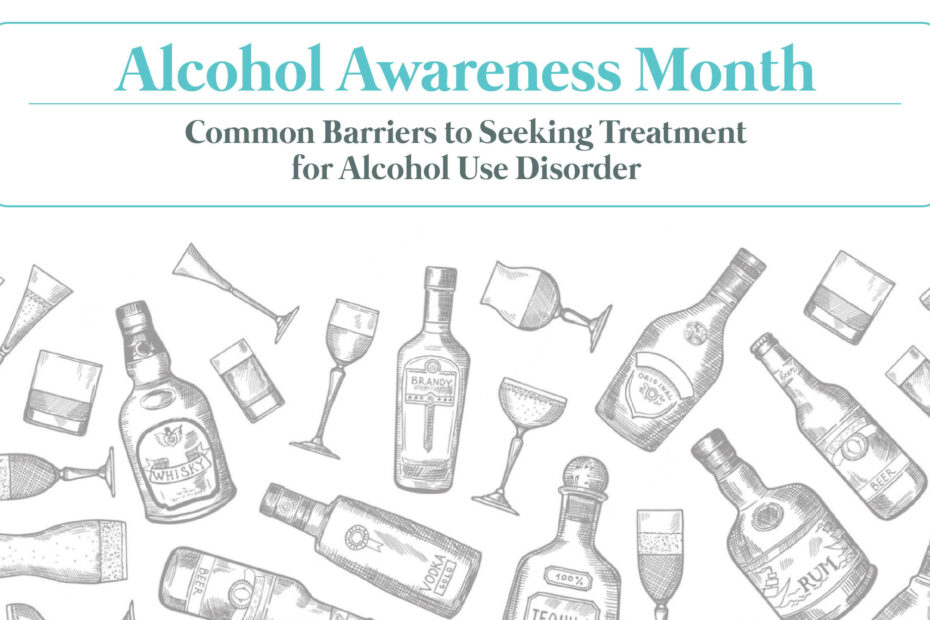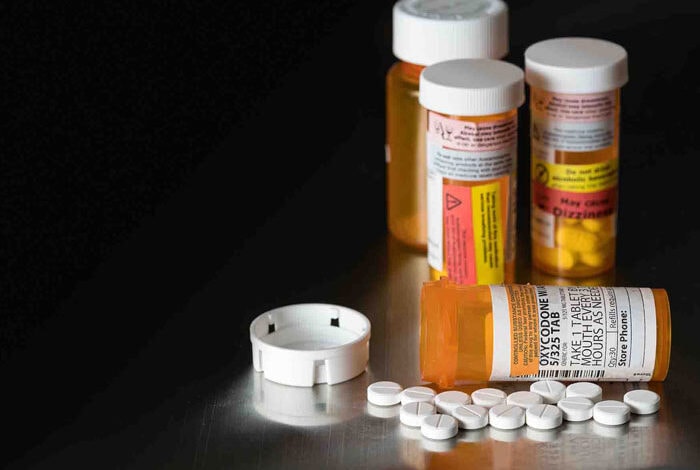Substance use disorders, whether it is heroin, marijuana, alcohol, cocaine, or stimulants, no doubt, harvest secrecy, isolation, and deception. Individuals with a substance use disorder often live in a complex web of lies specifically designed to keep dangerous coping mechanisms in place and “protected” from those who sincerely want to help.
Individuals will often hide their hangovers, use drugs in secrecy, suffer withdrawal symptoms alone, choose isolation over bonding with friends and family, and lie about their actions to hide any of the side effects associated with their drug use. The lies of the substance use disorder are convincing and, if examined objectively, only lead to frustration, despair, disconnection, and emptiness.
Practicing honesty with yourself
You are your own worst critic. You are the hardest on yourself, will push your body to extreme limits, and you are usually the last one to admit you have a substance use disorder. Treatment and healing begins with being honest with yourself and your struggle and threat to your physical, emotional, spiritual and relational health. Recognizing the unhealthy consequences that stem from your substance use disorder is an important step to entering treatment. Accept your struggle, and use it as motivation to continue moving forward, rather than letting it manifest as self-hatred.
Practicing honesty with your treatment team
The only way any kind of professional help can work is to commit to complete honesty and transparency with your treatment team. Be honest about your feelings, past, triggers, relationship with drugs and alcohol, body image, and cravings. Your treatment team will mostly likely see through your lies and deception since they have been in this field for a while. Remember that you are not there to impress them or to perform for them. You may have had a great last session, and then the next week feel as though you did not make any progress. You may become frustrated and may have feelings of self-doubt and the desire to engage in unhealthy behaviors. Be honest with them about these feelings as they can help you through this.
Practicing honesty with others
Openness and transparency with others are essential, and it is okay to be cautious of who you share your honesty with. Not everyone can or should be trusted with your heart, so it is essential to choose wisely; whom you rely on for support and comfort. Identify a few friends or family members who you can count on to love you unconditionally through the recovery process; those you are not afraid will reject or grow impatient or condemning. These trusted supporters will be able to handle your honesty and thereby truly celebrate your victories and carry your burden when you feel you cannot.
“We learned about honesty and integrity – that the truth matters… that you don’t take shortcuts or play by your own set of rules… and success doesn’t count unless you earn it fair and square”.
-Michelle Obama
AKUA Mind and Body treatment
AKUA Mind and Body is a full-service treatment program that offers a wide range of “east meets west” treatment modalities for many different populations struggling with depression and other mental health and substance use disorders. AKUA Mind and Body treats co-occurring disorders and works diligently with each client and their family to ensure that treatment is specifically tailored to their needs, and not just their disorder.
AKUA Mind and Body offers detoxification, intensive treatment programs, and outpatient treatment programs. AKUA Mind and Body uses a blend of holistic approaches combined with evidence-based treatment to help individuals who have been affected by depression to recognize their underlying triggers and develop healthy coping skills. Regardless of where you are in your recovery process, AKUA Mind and Body can help.




